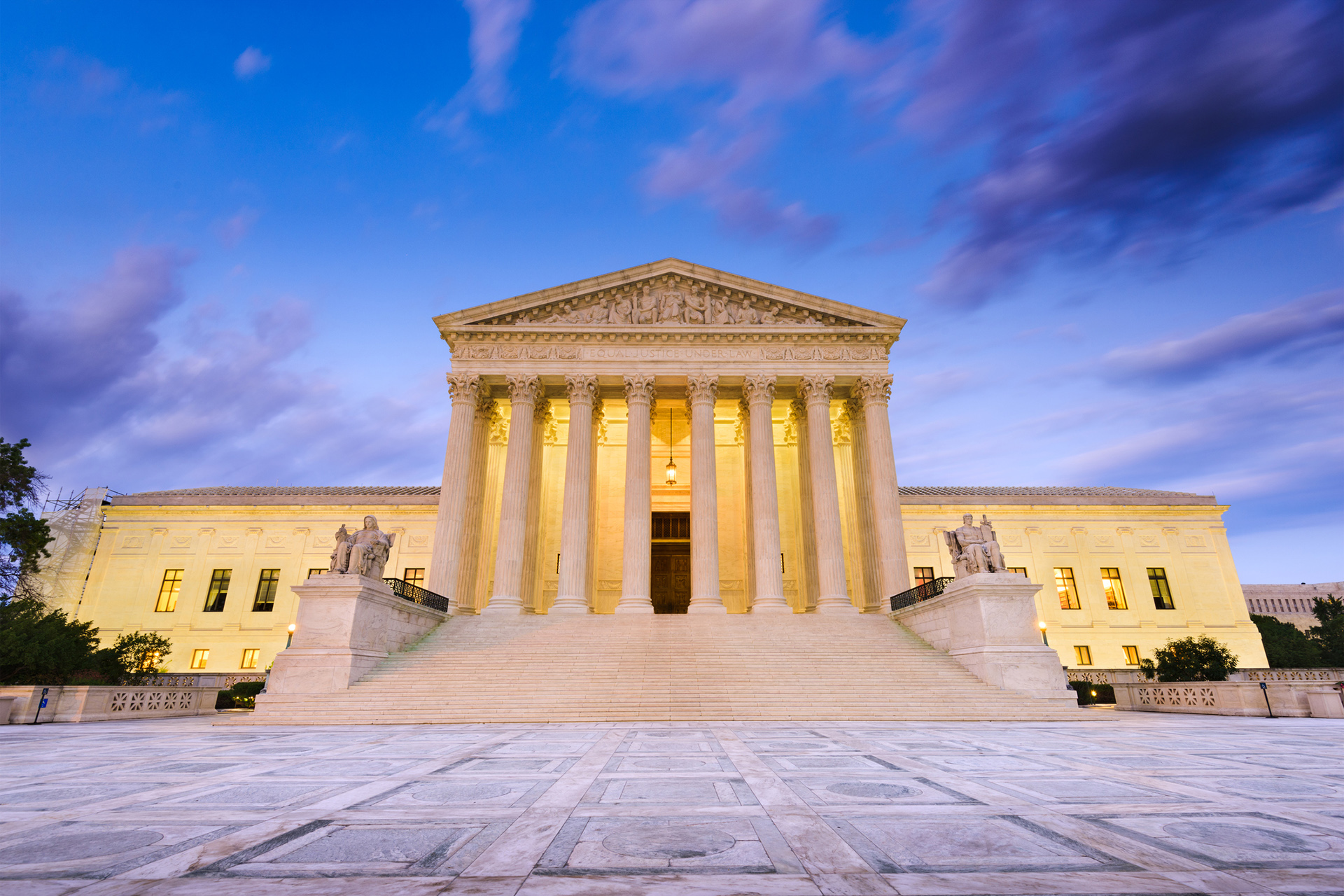Highlights
In a fractured decision, five U.S. Supreme Court justices agreed with the Federal Circuit and held that Patent Trial and Appeal Board (PTAB) judges are unconstitutionally appointed
Seven justices held that severing the section of the Patent Act that made PTAB decisions reviewable only by a panel of other PTAB judges fixed any constitutional issue
It is not clear which of the justices’ varying approaches to administrative law issues will win out
In a dispute that threatened to wipe out the entire Patent Trial and Appeal Board’s (PTAB) administrative review process of Patent and Trademark Office (PTO) decisions, the issue of administrative patent judges’ (APJ) power was raised and taken up by the U.S. Supreme Court. At issue in United States v Arthrex Inc. was whether APJs are principal officers of the government who must be appointed by the president and confirmed by the Senate under the U.S. Constitution’s appointment clause or by inferior officers, or if they can be appointed by heads of departments.
The U.S. Court of Appeals for the Federal Circuit concluded that APJs were improperly appointed, but that severing their job protections would fix the issue. On review by the Supreme Court, the government, along with medical device maker Smith & Nephew, argued the PTAB judges were properly appointed. A competitive medical device maker, Arthrex Inc., argued the judges were improperly appointed, but that Congress should draft the remedy.
Chief Justice John Roberts wrote the opinion of the court, agreeing that PTAB judges are unconstitutionally appointed, but foreseeing the heavy practical impact of its decision, also ruling that the problem could be solved by severing the section of the Patent Act that made PTAB decisions reversible only by a panel of APJs and instead giving the director of the PTO single-handed authority to review panel rulings. Chief Justice Roberts wrote that “APJs are still exercising executive power and must remain dependent upon the President [for their actions].”
It appears from this decision the amount of deference given to director reviews of PTAB rulings, being executive actions, under the Administrative Procedures Act (APA) and/or the seminal case of Chevron U.S.A., Inc. v. Natural Resources Defense Council, Inc. is an issue likely to be raised in future cases. But many commentators suggest the recent additions to the SCOTUS may be seeking to constrain the broad deference it has given to executive actions carried out by administrative agencies in the past. In any event, it appears likely the director will need to set up a process for review of PTAB decisions going forward.
Three vigorous concurring and dissenting opinions were issued, disagreeing both on whether there was a Constitutional violation and the appropriate remedy for such a violation. Because of this, it is not clear which of the justices’ varying approaches to administrative law issues will win out in future cases.
To obtain more information, please contact the Barnes & Thornburg attorney with whom you work or Daniel Albers at 312-214-8311 or daniel.albers@btlaw.com.
© 2021 Barnes & Thornburg LLP. All Rights Reserved. This page, and all information on it, is proprietary and the property of Barnes & Thornburg LLP. It may not be reproduced, in any form, without the express written consent of Barnes & Thornburg LLP.
This Barnes & Thornburg LLP publication should not be construed as legal advice or legal opinion on any specific facts or circumstances. The contents are intended for general informational purposes only, and you are urged to consult your own lawyer on any specific legal questions you may have concerning your situation.













